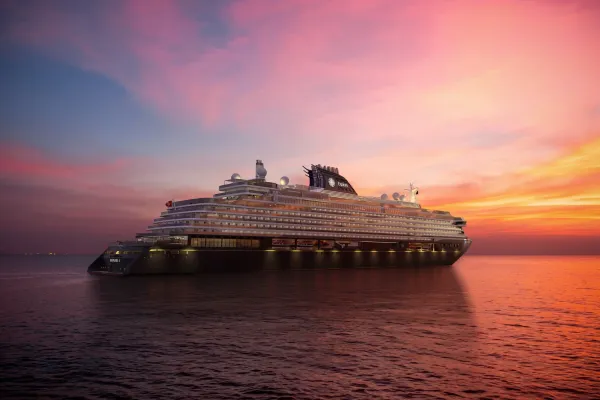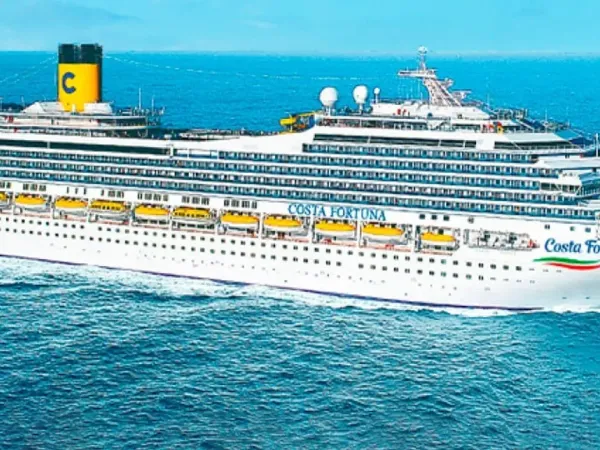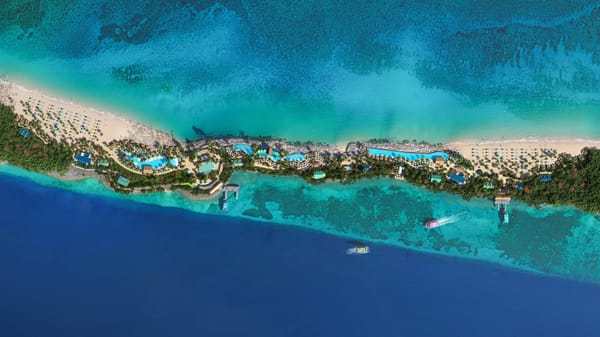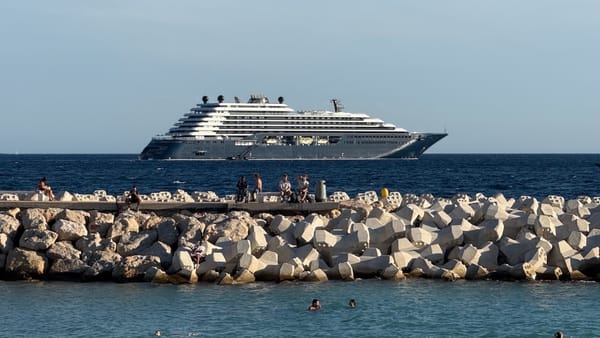Royal Caribbean addresses cruise tourism concerns
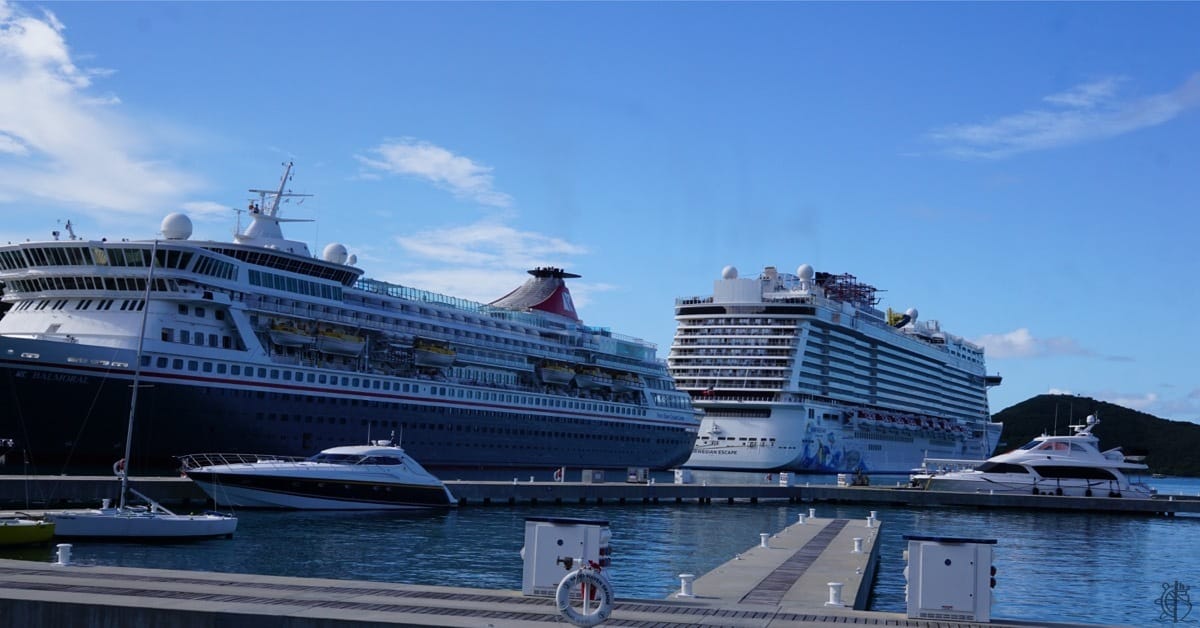
Overtourism, defined as excessive tourism that negatively impacts local communities and environments, has become a significant concern globally. In recent discussions, particularly those involving the cruise industry, this topic continues to gain attention. Royal Caribbean’s President and CEO Michael Bayley has recently addressed the criticism aimed at cruise ships, arguing that they are disproportionately blamed for overtourism. This contention arises in light of their contributions to the global tourism economy, particularly during a time when post-pandemic recovery is underway.
Understanding Overtourism
Overtourism occurs when a destination receives more visitors than it can sustainably manage. This often leads to overcrowded attractions, increased pollution, and strain on local resources. The phenomenon has been increasingly linked to regions such as Europe and popular cities like Barcelona and Amsterdam.
The Cruise Industry's Role
The cruise industry, although making up just 2% of international travel, is often singled out as a significant contributor to overtourism. With over 20 million annual cruise passengers sailing to global destinations, the impact of cruise tourism can be significant. Critics argue that the influx of cruise passengers can overwhelm local infrastructures, particularly in small ports.
Royal Caribbean's Perspective
In a recent Q&A session aboard the Ultimate World Cruise, Bayley underscored the economic and social benefits that cruise ships bring to destinations. He emphasized that the cruise industry presents a unique opportunity for tourism growth, which, when managed responsibly, can benefit local economies.
Misinformation and Perception Issues
Bayley argues that the negative perception of cruise ships stems from misinformation. He pointed out that many of the concerns regarding environmental impacts aren't representative of the industry's ongoing efforts to mitigate harm. Browbeaten by inaccurate narratives, he believes the cruise industry must improve how it communicates its positive contributions to society.
Economic Contributions of the Cruise Industry
The cruise industry offers significant economic input, especially in regions heavily reliant on tourism. According to the Cruise Lines International Association (CLIA), cruising contributed approximately $138 billion to the global economy in 2022.
Impact on Local Economies
In the Caribbean, for instance, over half of all visitors arrive via cruise ships. This type of tourism provides vital income sources for many small businesses in port towns, which rely on cruise passenger spending.
Addressing Environmental Concerns
Bayley highlighted Royal Caribbean's commitment to environmental stewardship. The cruise line invests heavily in advanced technologies aimed at reducing waste and utilizing cleaner fuel sources. These include hybrid ships that can operate on liquefied natural gas (LNG) and traditional marine oil.
Waste Management Initiatives
Royal Caribbean employs waste management systems designed to minimize landfill contributions. Bayley noted that the volume of waste transferred from ships to local dumps is minimal due to these extensive initiatives.
Social Responsibility and Community Engagement
Royal Caribbean has made considerable efforts to positively impact communities through various projects. For instance, the company uniquely operates in Labadee, Haiti, where it has invested in local education and infrastructure.
Future Developments
Royal Caribbean is also involved in the Royal Beach Club project in Nassau, Bahamas. This initiative, a partnership allowing Bahamians to obtain equity, aims to generate employment and substantial economic benefits for the local community.
Responses to Overtourism Regulations
In recent news, countries like Greece are taking measures against overtourism, such as tax levies on cruise passengers visiting hotspots like Santorini and Mykonos. These actions reflect a balancing act between tourism revenue and community well-being.
Looking Forward
As the cruise industry rebounds post-COVID-19, it faces renewed scrutiny regarding its socioeconomic and environmental impact. Discussions surrounding overtourism will likely continue as destinations evaluate their tourist management strategies.
Conclusion
As overtourism becomes an increasingly pressing issue, the cruise industry must navigate the delicate balance of providing unique travel experiences while ensuring sustainable practices. Royal Caribbean's leadership expresses a commitment to enhancing communication surrounding their societal contributions and improving overall tourism management practices. Continued dialogue and collaboration among cruise lines, local communities, and governments will be crucial for creating a sustainable future for global tourism.
FAQs about Overtourism and the Cruise Industry
1. What is overtourism?
Overtourism refers to the phenomenon of excessive tourism that leads to overcrowding, environmental degradation, and strain on local communities and infrastructure.
2. How does the cruise industry contribute to overtourism?
The cruise industry brings large volumes of visitors to destinations, which can overwhelm local resources and contribute to negative community experiences if not managed properly.
3. What measures are being taken to address overtourism concerns?
Many destinations are implementing regulations such as visitor caps, taxes, and restrictions on short-term rentals to manage the impact of tourism effectively.
4. How significant is the economic impact of the cruise industry?
The cruise industry is a significant contributor to the global economy, with an estimated $138 billion generated in 2022 and substantial employment opportunities throughout various regions.
5. What initiatives does Royal Caribbean have in place to minimize environmental effects?
Royal Caribbean invests in advanced waste management technologies and cleaner fuel alternatives, such as liquefied natural gas, to reduce its environmental impact.

